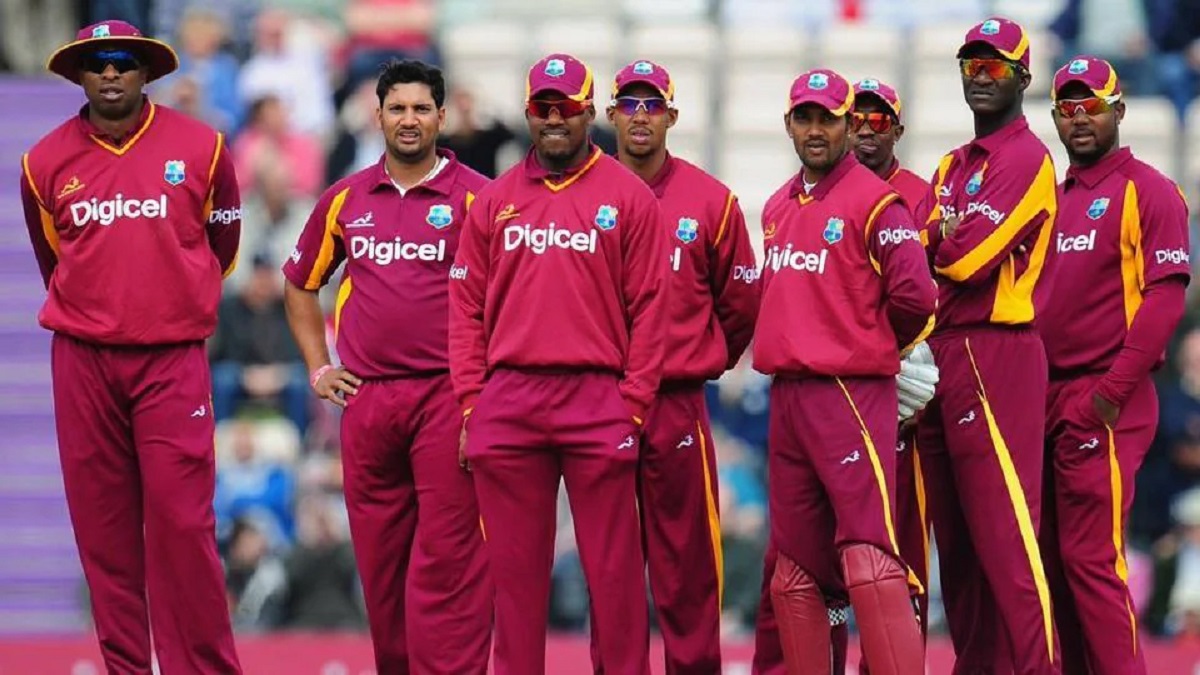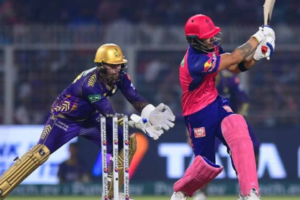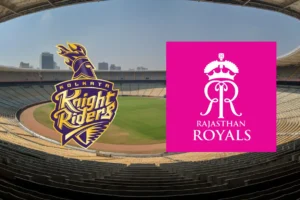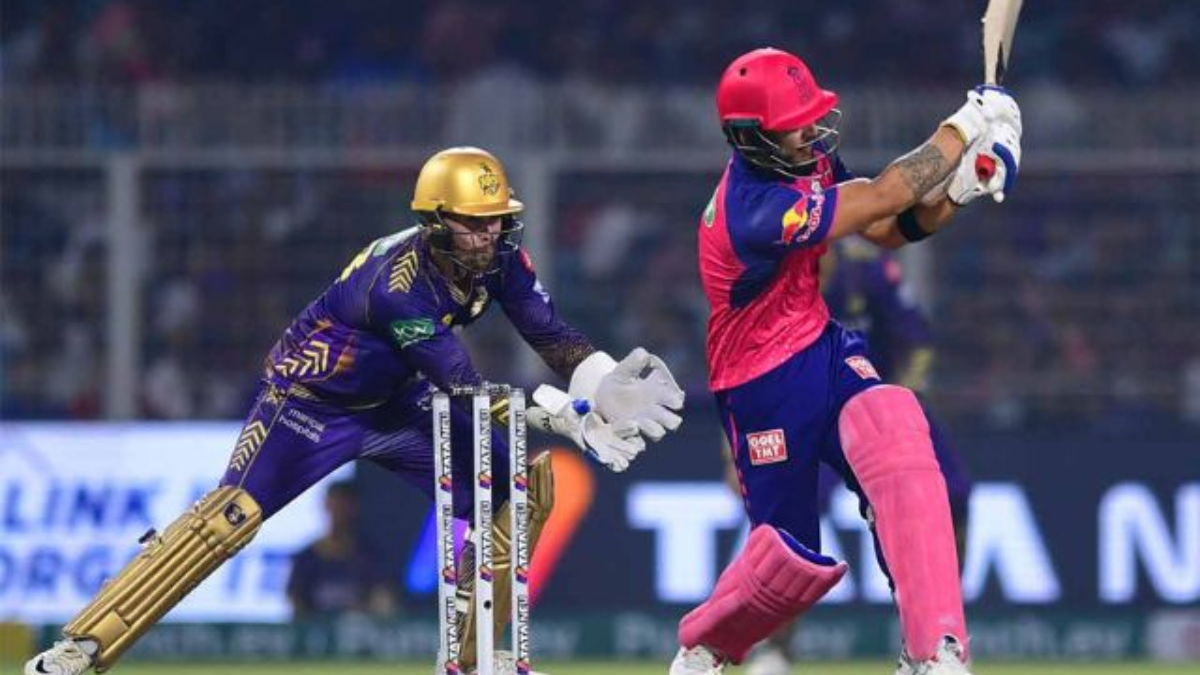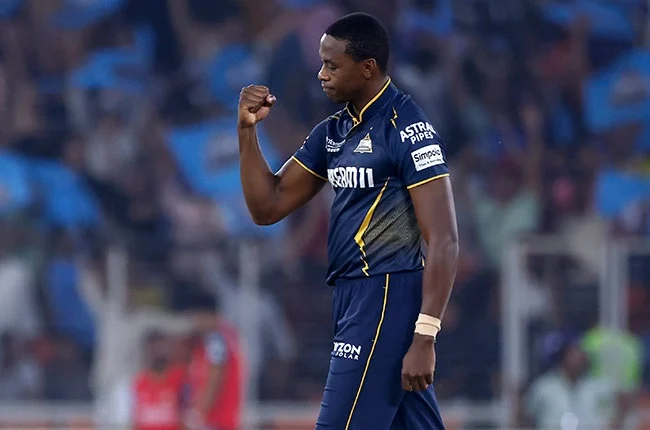England cricketer James Vince has leveled serious allegations against the England and Wales Cricket Board (ECB), accusing it of prioritizing the Indian Premier League (IPL) over the Pakistan Super League (PSL). These remarks come on the heels of his decision to retire from first-class cricket, ostensibly to make himself available for the PSL. Vince’s claims have reignited discussions about the growing tensions between red-ball cricket and the financial allure of franchise leagues.
James Vince’s Retirement: A Career Shift
James Vince, at 33 years old, stepped down as Hampshire’s captain and announced his retirement from first-class cricket. This decision follows a turbulent year that included personal security concerns, such as unexplained attacks on his home in Hampshire, leading to his relocation to Dubai. His transition signifies a broader trend of players opting out of traditional cricket formats to pursue opportunities in white-ball leagues.
Vince’s decision also highlights the changing priorities of modern cricketers, who increasingly prioritize financial stability over the prestige of domestic or Test cricket. His choice reflects a desire to explore global franchise cricket, particularly the PSL, where he secured a six-figure contract with Karachi Kings.
ECB’s Policy Changes and Growing Discontent
The controversy surrounding Vince’s allegations is rooted in the ECB’s policy revisions from November 2024. These changes introduced stricter conditions for granting No-Objection Certificates (NOCs), which players need to participate in overseas leagues. ECB officials, including Chief Executive Richard Gould, defended the measures as necessary for safeguarding English cricket, yet many players, including Vince, viewed them as restrictive.
Player Frustrations and Communication Gaps
Vince revealed that the ECB’s decisions sparked widespread concern among players, leading to discussions in a WhatsApp group. Players expressed frustration over the policies, citing a lack of transparency and the perception that opportunities in white-ball cricket were being unfairly restricted. This discontent underscores the growing divide between player aspirations and the ECB’s administrative priorities.
IPL vs. PSL: Examining the Allegations
A central theme in Vince’s remarks is the perceived favoritism shown by the ECB towards the IPL. He speculated that the board’s relationships with the Board of Control for Cricket in India (BCCI) and the Pakistan Cricket Board (PCB) influenced its policies.
Scheduling Conflicts and Policy Implications
The PSL’s shift to an April-May schedule in 2025 created a direct conflict with the IPL and the English county season. Vince pointed out that, as the PSL is a shorter tournament, it would disrupt domestic cricket less than the IPL. However, obtaining NOCs for the PSL remains more challenging, raising questions about potential bias in the ECB’s approach.
Financial Incentives Driving Change
One of the key reasons behind players opting for franchise leagues is the stark financial disparity between red-ball and white-ball cricket. Vince highlighted that players can earn significantly more in leagues like the IPL and PSL than in domestic formats. This financial reality is particularly appealing for players in the latter stages of their careers, who seek to maximize their earnings.
Impact on Red-Ball Cricket
The lure of franchise cricket poses a significant threat to the sustainability of red-ball formats. As more players prioritize financial gain over the traditional prestige of Test and county cricket, the ECB faces a growing challenge in maintaining the relevance and competitiveness of these formats.
Broader Implications for English Cricket
The ongoing debate about the ECB’s policies and Vince’s allegations has far-reaching implications:
- Talent Retention: As global franchise leagues grow in prominence, the ECB must devise strategies to retain top talent and ensure that domestic cricket remains competitive.
- Policy Transparency: The ECB’s decision-making processes need greater clarity to avoid alienating players and fostering mistrust.
- Financial Reforms: Addressing the financial imbalance between red-ball and white-ball cricket is crucial for preserving the integrity of traditional formats.
- Global Relations: The ECB’s interactions with the BCCI and PCB will play a critical role in shaping its policies and ensuring fair opportunities for players in all leagues.
Place your bets at JitaBet, JitaWin, and Jita88, they offer really good odds, play and win big!
Conclusion
James Vince’s allegations against the ECB have brought attention to the shifting dynamics of modern cricket. The financial allure of white-ball leagues, coupled with restrictive policies, has created a challenging environment for players and administrators alike. As the sport continues to evolve, the ECB must strike a delicate balance between protecting traditional formats and adapting to the realities of a rapidly changing cricketing landscape.
The controversy underscores the need for transparent policies, equitable opportunities, and a renewed focus on retaining the essence of English cricket amidst the rise of global franchise leagues.


